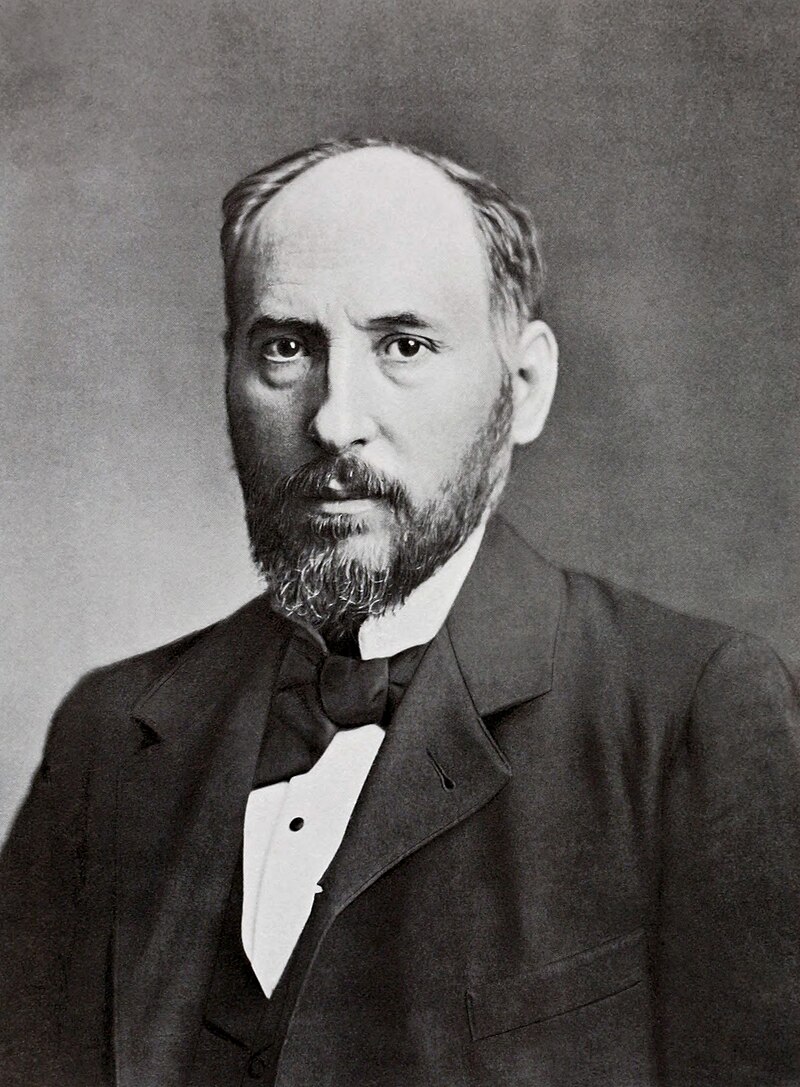
Santiago Ramón y Cajal
A Spanish neuroscientist and pathologist, Santiago Ramón y Cajal is often referred to as the father of modern neuroscience. He was awarded the Nobel Prize in Physiology or Medicine in 1906 for his pioneering work on the structure of the nervous system, particularly his discovery that neurons are individual cells rather than part of a continuous network. Cajal's meticulous drawings and observations laid the foundation for our understanding of brain architecture and function, earning him a place among the greatest scientists in history.
Born on May 01, 1852 (173 years old)
Global Media Ratings
Countries Mentioned
No country-level mention data available.
Interactive World Map
Each country's color is based on "Mentions" from the table above.
Recent Mentions
 Spain:
Sonia Contera highlighted Santiago Ramón y Cajal's contributions to neuroscience.
9
Spain:
Sonia Contera highlighted Santiago Ramón y Cajal's contributions to neuroscience.
9
 Spain:
Santiago Ramón y Cajal is referred to as the Nobel laureate who described neurons as 'mysterious butterflies of the soul'.
9
Spain:
Santiago Ramón y Cajal is referred to as the Nobel laureate who described neurons as 'mysterious butterflies of the soul'.
9
 Spain:
Santiago Ramón y Cajal was a notable figure who lived in the Sierra de Guadarrama.
8
Spain:
Santiago Ramón y Cajal was a notable figure who lived in the Sierra de Guadarrama.
8
 Spain:
Santiago Ramón y Cajal is noted as one of the previous Spanish Nobel laureates in science.
9
Spain:
Santiago Ramón y Cajal is noted as one of the previous Spanish Nobel laureates in science.
9
 Spain:
Cajal is portrayed as the best Spanish scientist of all time and a Nobel Prize winner in Medicine in 1906.
9
Spain:
Cajal is portrayed as the best Spanish scientist of all time and a Nobel Prize winner in Medicine in 1906.
9
 Spain:
Santiago Ramón y Cajal is known for his groundbreaking work in neuroscience, winning the Nobel Prize in Medicine in 1906.
9
Spain:
Santiago Ramón y Cajal is known for his groundbreaking work in neuroscience, winning the Nobel Prize in Medicine in 1906.
9
 Spain:
Santiago Ramón y Cajal was a Spanish scientist who stated that neurons communicate through contact.
8
Spain:
Santiago Ramón y Cajal was a Spanish scientist who stated that neurons communicate through contact.
8
 Spain:
Santiago Ramón y Cajal's legacy is being honored with the creation of a museum dedicated to his work and thought.
9
Spain:
Santiago Ramón y Cajal's legacy is being honored with the creation of a museum dedicated to his work and thought.
9
 Ecuador:
Marian Rojas Estapé cited Santiago Ramón y Cajal, who spoke about neuroplasticity.
9
Ecuador:
Marian Rojas Estapé cited Santiago Ramón y Cajal, who spoke about neuroplasticity.
9
 Uruguay:
Santiago Ramón y Cajal, celebrated father of neuroscience, stated that we are sculptors of our brains.
8
Uruguay:
Santiago Ramón y Cajal, celebrated father of neuroscience, stated that we are sculptors of our brains.
8